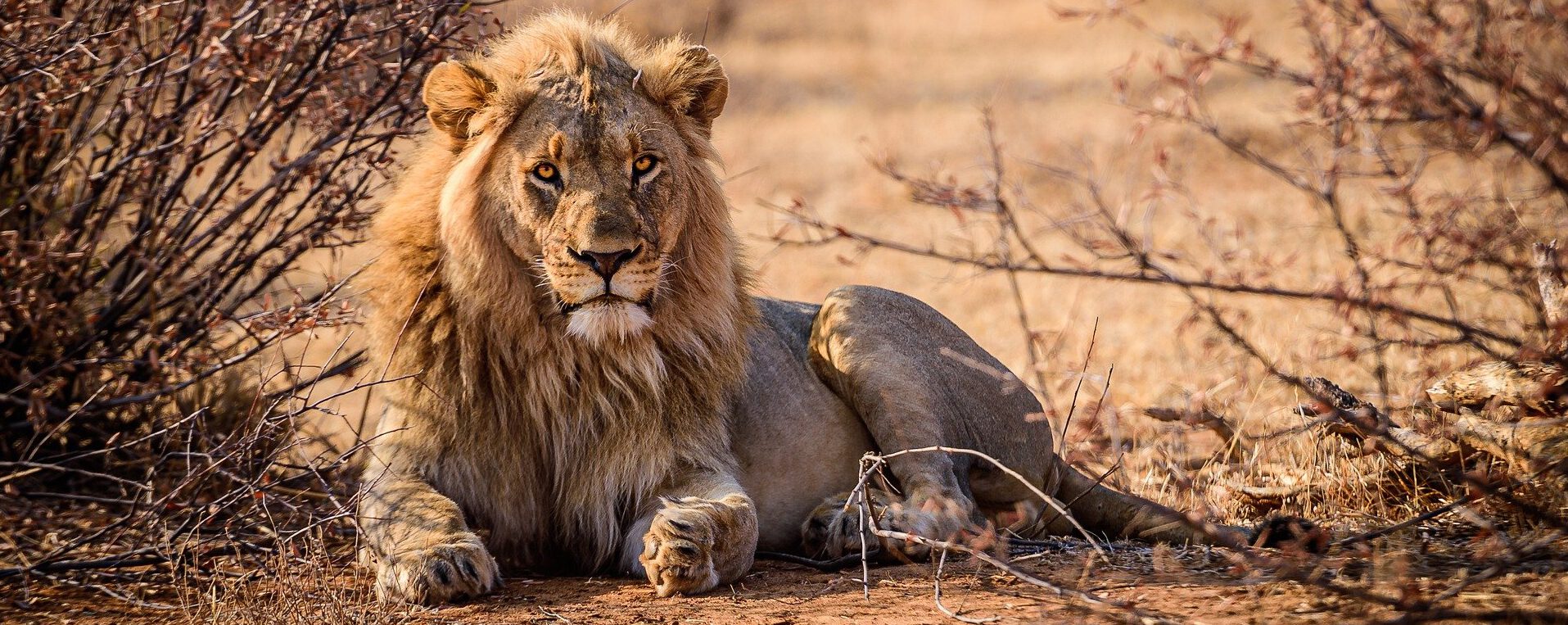
Lion Rescue Park
The conservation park provides a safe home for lions in need that have been bred in captivity and cannot be reintroduced into the wild. Twenty-eight lions from all over the world, among them rare white lions, currently inhabit the 20-hectare conservation park.
The park is mainly financed by the entrance fees and is also dependent on the support of volunteers.
Not only has 90 percent of the revenue been lost as a force arising from the Corona crisis, but many volunteers are currently unable to enter to help care for the animals.
meet the lions
The campaign initiators Manuela, Kathi and Nadine have chosen from the many other animals, Samson, Brutus and Asad. Their fate has particularly moved them, which is why they are to be presented here
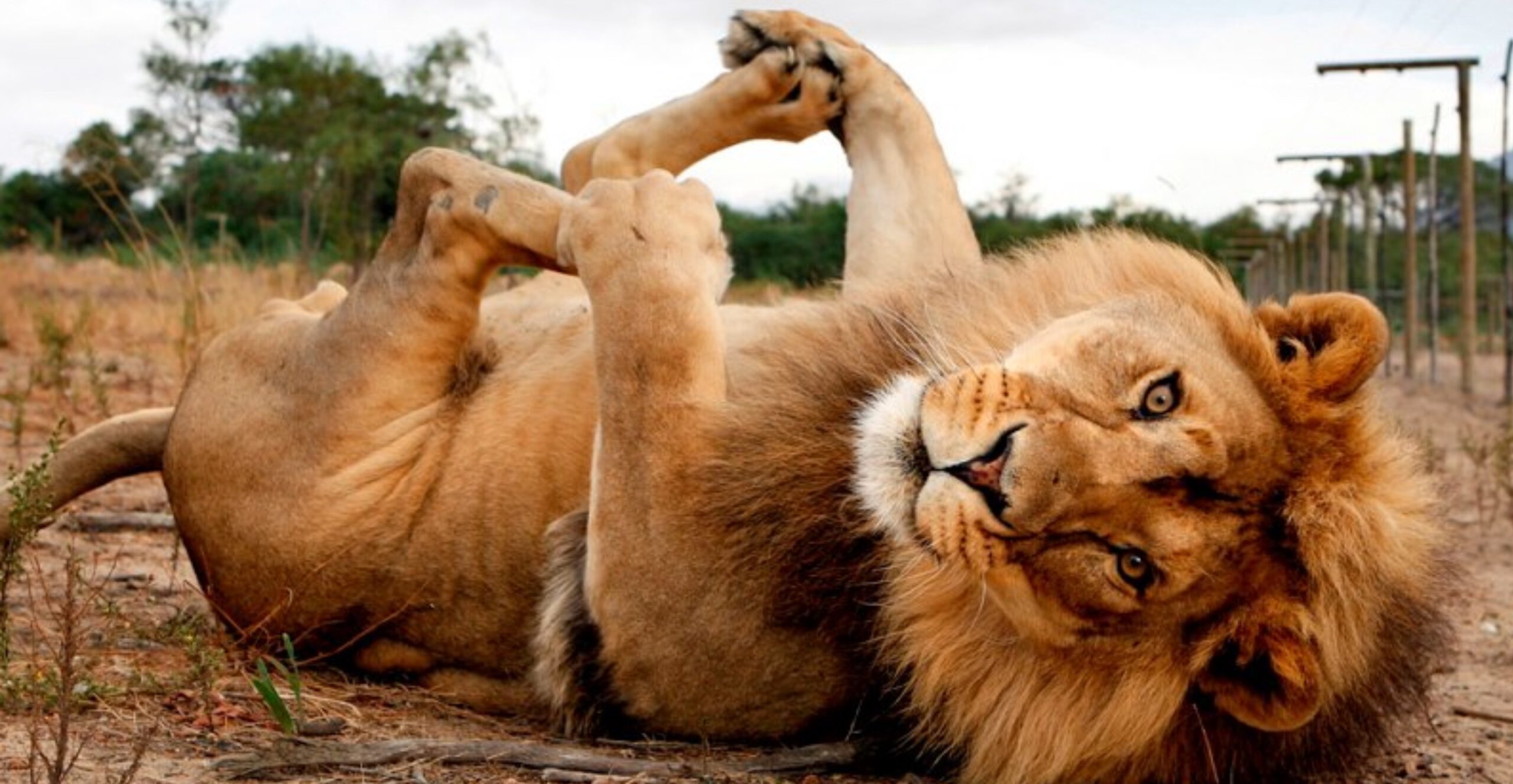
Samson
Samson was born in 2003 and has been in the Lion Park since the end of 2008. He was rescued from a French circus where he lived in miserable circumstances. He vegetated for years in a tight cage in a circus trailer before being rescued by the organization "Refuge De L'arche".
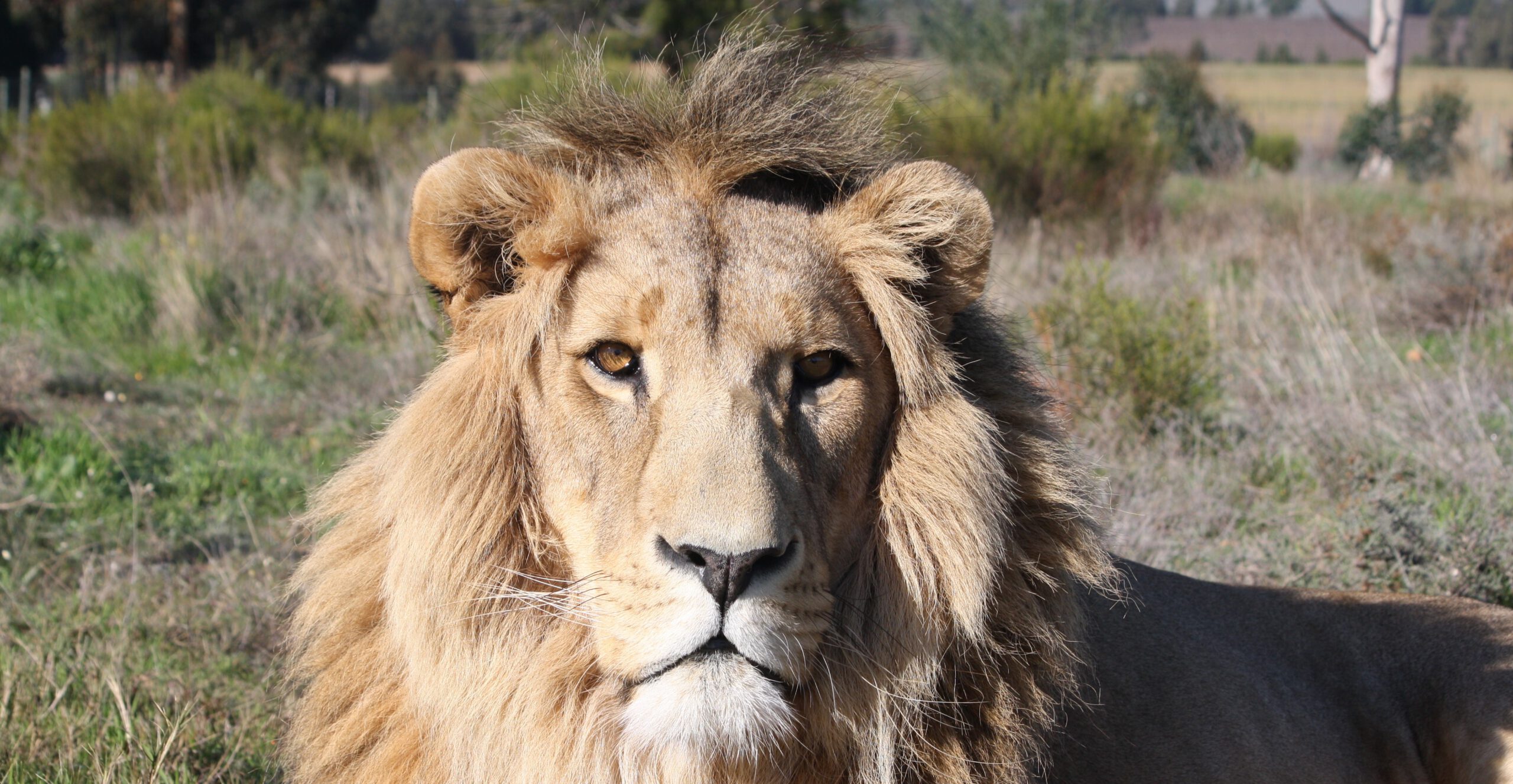
Asad
Asad was rescued from a private property in Beirut in 2012. Lebanon has no laws governing the keeping of wild animals as pets. Lions are therefore smuggled into Lebanon and sold as pets. Such a life as hers is usually short-lived, as incorrect nutrition and inappropriate accommodation would often lead to her death.
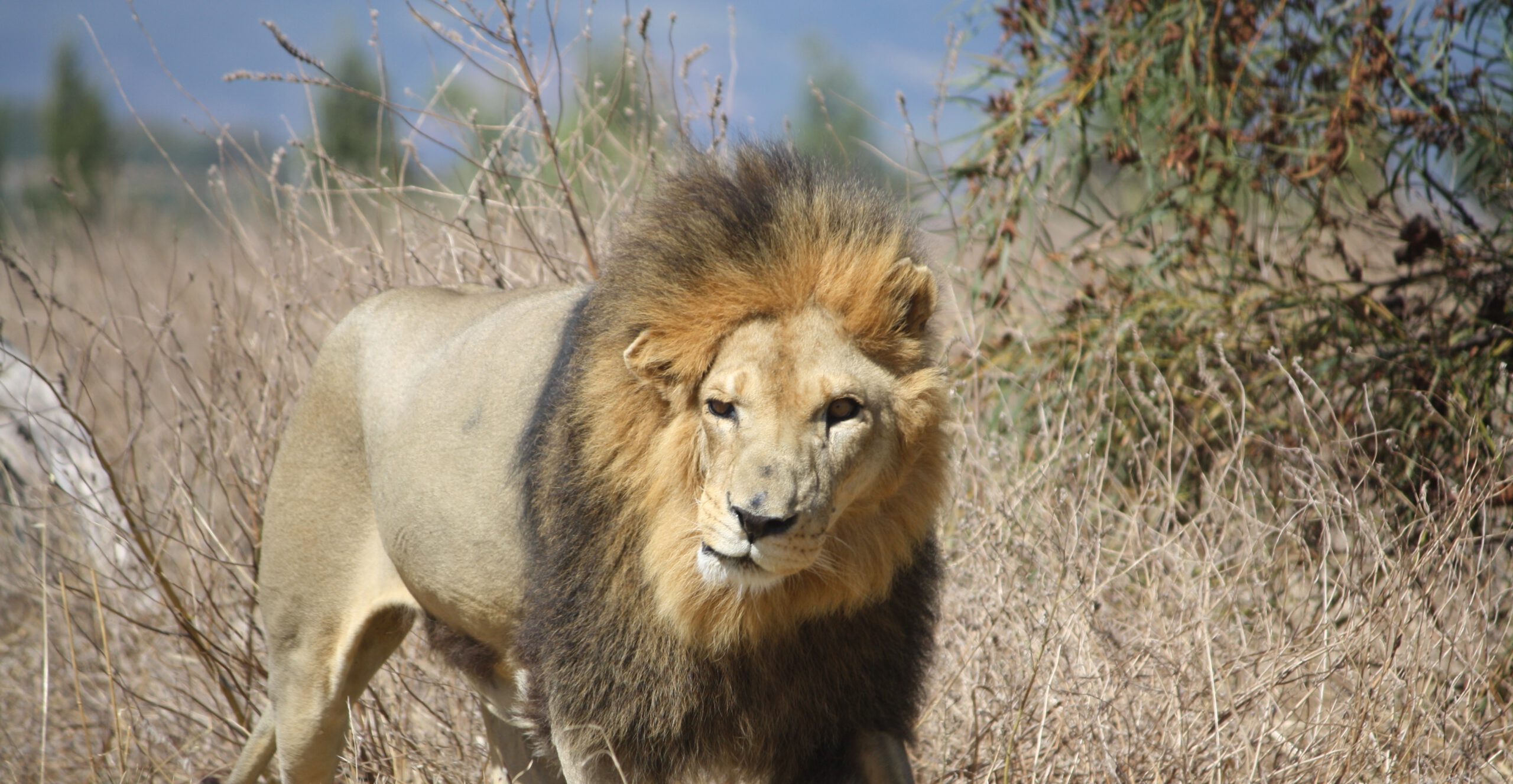
Brutus
Brutus was born around 2002 and came to the Lion Park in 2010. He was confiscated from a French circus, where his claws were brutally removed. He was so badly abused and beaten that his jaw broke and his face has since deformed.
What is unique about the Drakenstein Lion Rescue Park?
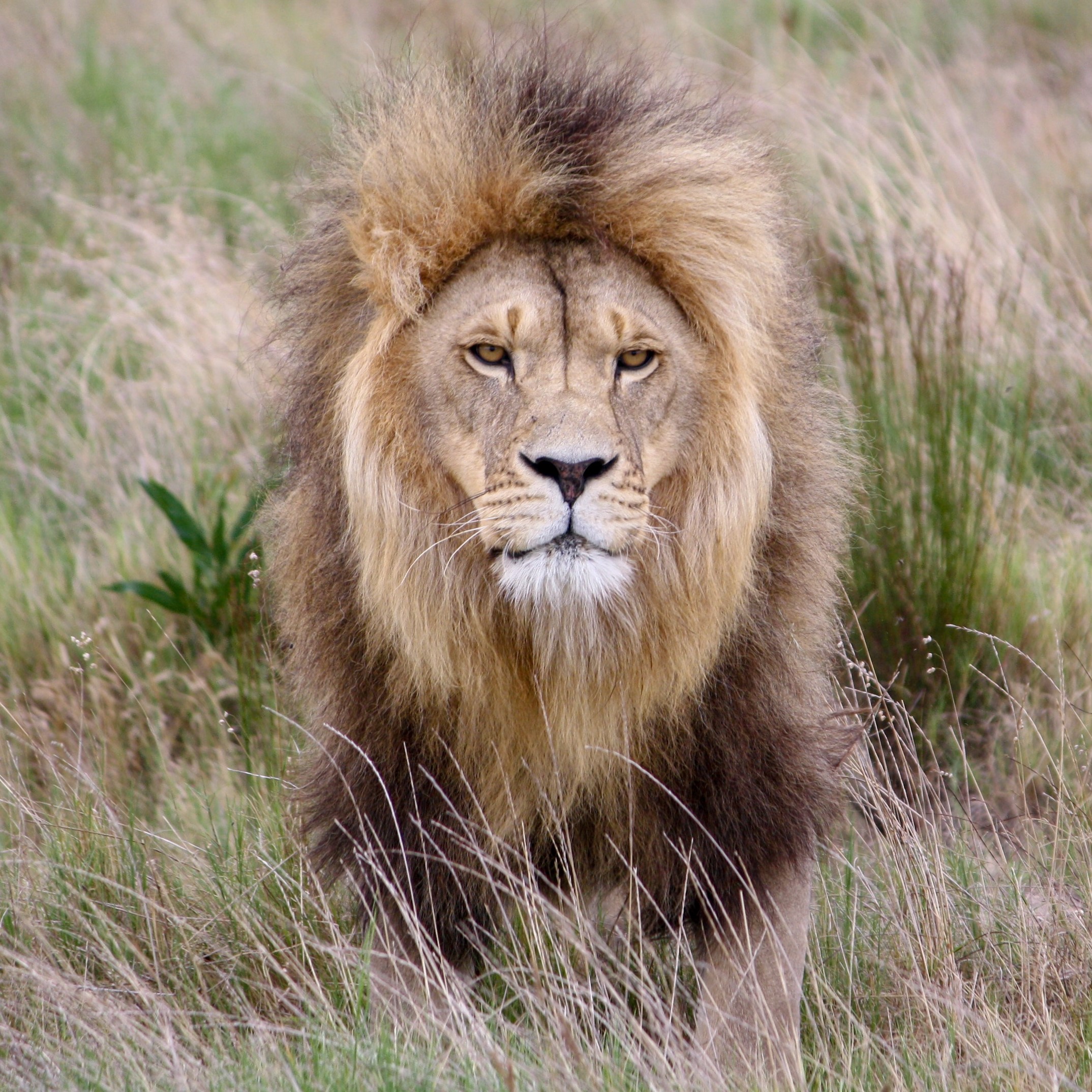
Drakenstein Lion Park was founded in 1998 by Paul Hart to provide protection for lions in need, free from abuse and persecution. The park is actively committed to improving the quality of life of captive lions at local and international level by providing these animals with a lifelong home. The park is not involved in commercial breeding or trade. It has a strict "hands off" policy that means visitors are not allowed any physical or allowed to walk or cuddle with the lions. All animals brought into the park are bred in captivity and cannot be released into the wild.
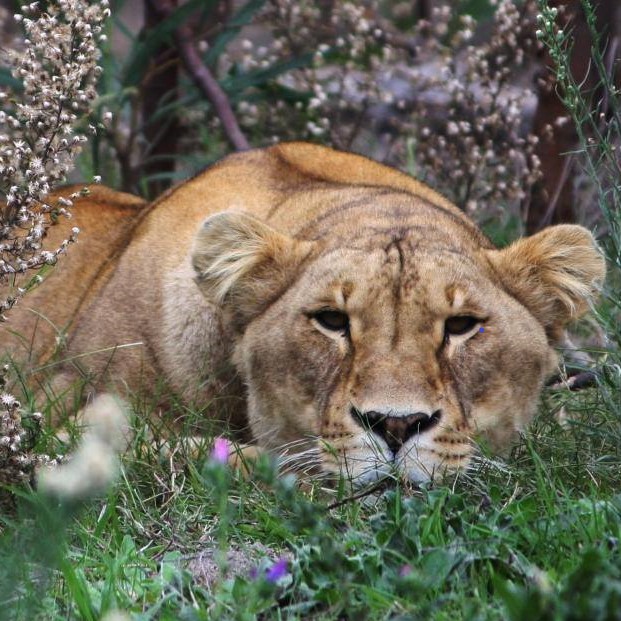
The park is also actively involved in the fight against canned hunting and much of its work is focused on raising awareness about the insidious practices of the "trophy" hunting industry that is still widely spread in South Africa: While the lions are still young and sweet, tourists are allowed to cuddle with them and pose for souvenir photos. When they are older, they are trained to go on "Lion Walks", where tourists can walk the lions on a leash. Once the lions are fully grown, they are released for trophy hunting: hunters from all over the world come to South Africa to shoot their very personal trophy. Even bad hunters can succeed because lions are accustomed to humans and they are hunted in enclosed areas where the lions have no chance to eascape. In South Africa, 2 to 3 lions are killed in this way every day.
Watch Our campaign video
Watch our 4-minute video to find out why the Lion Park needs your help and what you can achieve with your donation.
If you want to learn more about Paul and his work, you can watch this two-part 24-minute documentary on YouTube.
Do you have Questions?
What is Drakenstein Lion Rescue Park?
Drakenstein Lion Park was founded in 1998 to provide shelter for lions in need by allowing them to live freely and safely. Free from abuse and persecution, they and many other animals are given the respect they deserve and a safe living environment is offered.
How many animals are there in the park?
There are 28 lions, 1 tiger, 2 caracals, 5 chimpanzees, 6 capuchin monkeys, 7 claw monkeys, 5 black swans, 3 parrots, 4 antelopes, 2 Shetland ponies, 5 llamas and an ostrich.
How does my donation help?
Due to the current COVID – 19 pandemic and the resulting travel restrictions, the number of tourists in South Africa has decreased significantly. Due to the small number of international tourists, Drakenstein Lion Park lacks the entrance fees, which account for 90% of the financing. The operating costs of the park are around 250,000 ZAR/month, which amounts to around 14,000 € per month. The cost of a lion's livelihood is 2,000 ZAR per month. That's about 115 € to feed a lion for a month.
What happens if the donation target is not reached?
If not enough money is raised to reach the fundraising goal, the park will receive all the donations collected until the end of the campaign.
.
What happens if the collected donations go beyond the donation target?
In this case, too, the Lion Park receives all the donations collected for it.
The “lionstrong”-Team
These are Manuela, Kathi and Nadine. As “virtual” volunteers, they started the campaign for the lion project and prepared it from home in Germany. They were supported by Antje in Cape Town, who took over the coordination on the ground in South Africa.

Hello, I am Manuela, and I study nonprofit, social and health management. I prefer to be in the mountains, by the sea or just on the road. Animal and species protection as well as nature conservation are particularly close to my heart. As part of the Lion Protection Campaign, I am responsible for campaign design and for the social media strategy for the camapign.
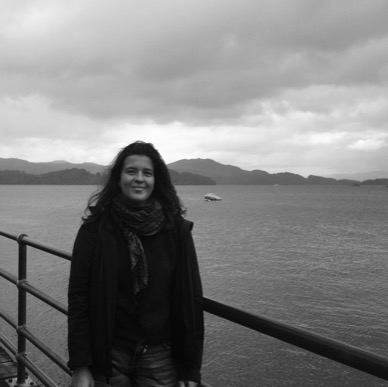
Hey, I'm Kathi, and I study International Forest Ecosystem Management. Why did I choose to volunteer with Live&Learn? Variety in everyday life. Loyalty to the protection of nature and species where it is urgently needed. Internationality during the pandemic.
Kathi
"If everyone is already making a small contribution to the improvement of our world, we can achieve great things together!"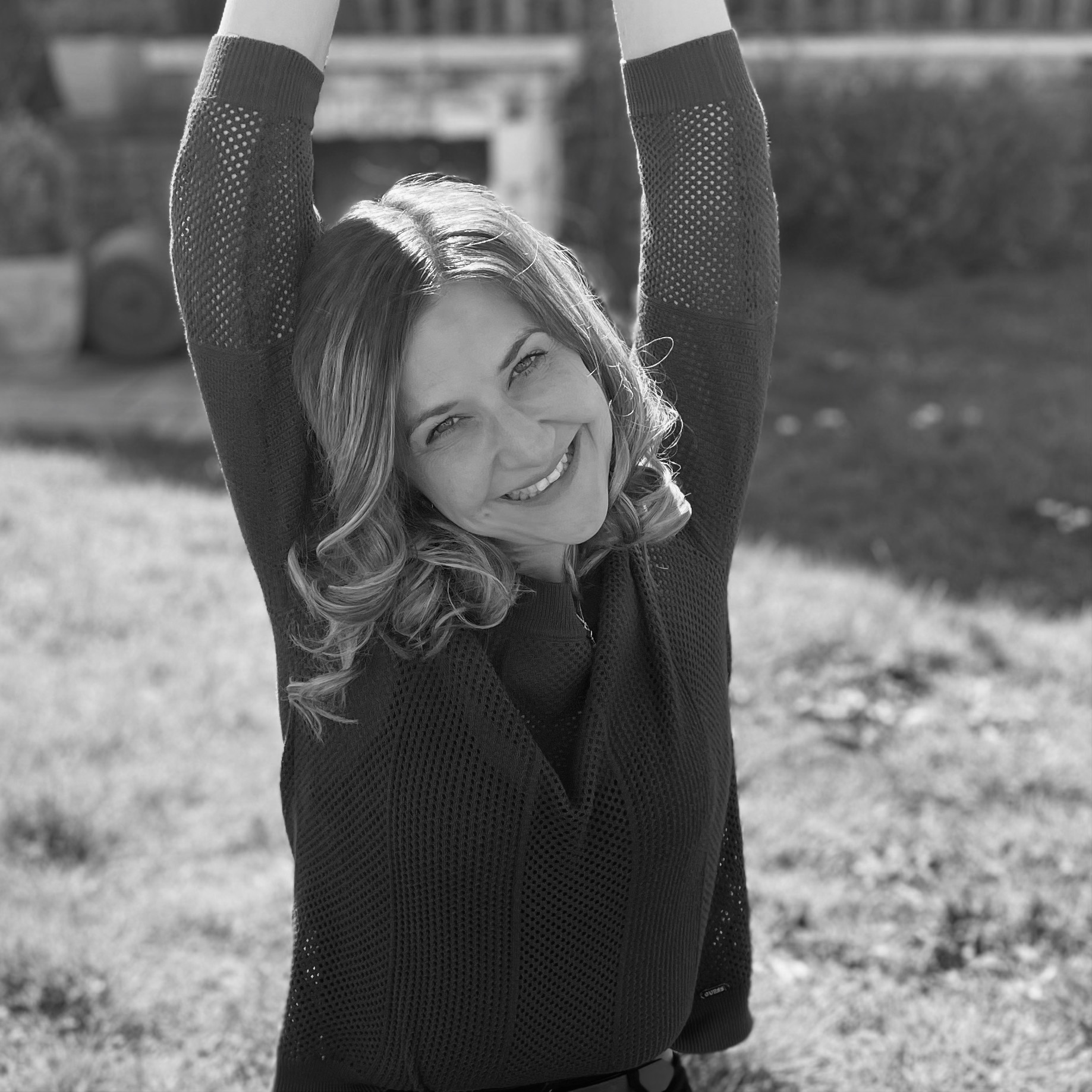
Hi, I am Nadine and studied Communication & Brand Management. As a creative person with a hands-on mentality, I didn't just want to sit out my time in the lockdown, but use it wisely and do something good. As a "virtual" volunteer at live&learn, I now have the opportunity to support aid projects in South Africa by designing fundraising campaigns online.
Key Influencers
Meet the key people, who are helping us to spread the word and to achieve our goal.
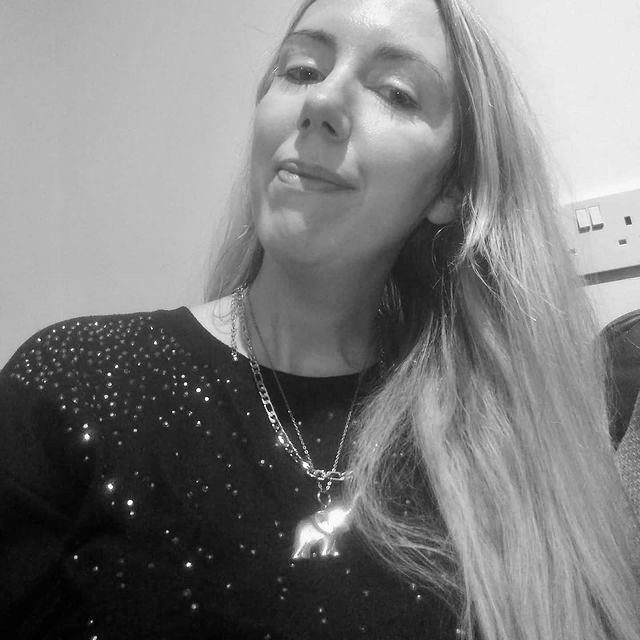
Hi, I’m Vicky, from Wales - why live&learn? I want to volunteer for an organization at the heart of sustainability, wildlife conservation and human rights innovation and progression. As a passionate Animal Advocate, I was particularly drawn to the virtual internship with Drakenstein Lion Park, allowing me to give my time to help support wildlife conservation, not just for lions, but many other animals as well. I hope to begin my final year of a BSc Zoology this September, and enjoy writing poetry, mainly influenced by nature and wildlife. In the future my writing will focus on the Lions at Drakenstein Park, so - watch this space!
Would you like to assist the campaign team as a key influencer?
 Come on board! See your photo or brand here!
Come on board! See your photo or brand here!
